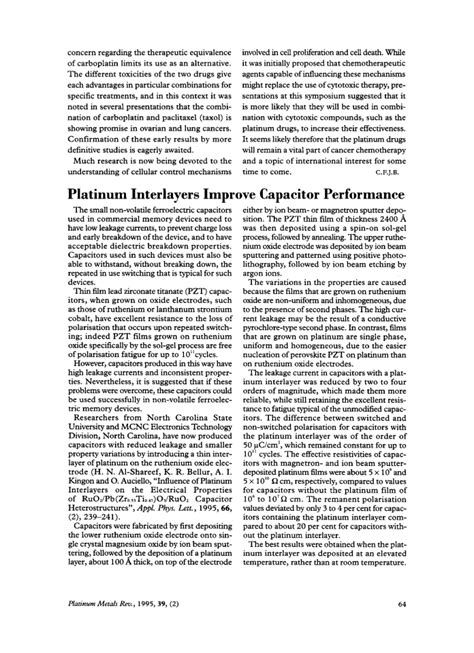The increasing demand for efficient and reliable electronic devices has led to significant advancements in capacitor technology. Capacitors play a crucial role in filtering, coupling, and storing electrical energy in various applications, including power systems, audio equipment, and medical devices. The integration of digital technology has transformed the capacitor industry, enabling the development of more efficient, compact, and cost-effective capacitors. In this article, we will explore five ways digital tech improves capacitor performance.
Advancements in Materials and Manufacturing
Digital technology has enabled the development of advanced materials and manufacturing techniques, which have significantly improved capacitor performance. For instance, the use of computational modeling and simulation has allowed researchers to design and optimize new dielectric materials with enhanced properties. These materials exhibit higher permittivity, lower losses, and improved thermal stability, resulting in capacitors with increased capacitance, reduced size, and improved reliability.

Increased Efficiency through Digital Twinning
Digital twinning is a revolutionary technology that enables the creation of virtual replicas of physical systems, including capacitors. By simulating the behavior of capacitors under various operating conditions, manufacturers can optimize their design, reduce prototyping costs, and improve overall efficiency. Digital twinning also allows for real-time monitoring and predictive maintenance, reducing the likelihood of capacitor failure and improving system reliability.
Improved Reliability through Automated Testing
Automated testing and inspection are critical components of capacitor manufacturing. Digital technology has enabled the development of advanced testing equipment and software, which can detect defects and anomalies in real-time. Automated testing reduces the likelihood of human error, improves testing efficiency, and enables the detection of subtle defects that may not be apparent through manual inspection.

Enhanced Performance through Active Control
Active control systems use digital technology to monitor and control capacitor performance in real-time. These systems can adjust the operating conditions of the capacitor to optimize its performance, improve efficiency, and extend its lifespan. Active control systems can also detect anomalies and faults, enabling predictive maintenance and reducing the likelihood of capacitor failure.
Reduced Size and Weight through Miniaturization
The increasing demand for compact and portable electronic devices has driven the development of miniaturized capacitors. Digital technology has enabled the design and manufacture of capacitors with reduced size and weight, without compromising their performance. Miniaturized capacitors are used in a wide range of applications, including medical devices, smartphones, and aerospace systems.

In conclusion, the integration of digital technology has transformed the capacitor industry, enabling the development of more efficient, compact, and cost-effective capacitors. The advancements in materials and manufacturing, increased efficiency through digital twinning, improved reliability through automated testing, enhanced performance through active control, and reduced size and weight through miniaturization have all contributed to improved capacitor performance.






We hope you found this article informative and helpful. If you have any questions or comments, please feel free to share them below.
What is the role of digital technology in capacitor manufacturing?
+Digital technology plays a crucial role in capacitor manufacturing, enabling the development of advanced materials, improving testing efficiency, and optimizing capacitor performance.
What is digital twinning, and how does it improve capacitor performance?
+Digital twinning is a technology that enables the creation of virtual replicas of physical systems, including capacitors. It improves capacitor performance by optimizing design, reducing prototyping costs, and enabling real-time monitoring and predictive maintenance.
What are the benefits of miniaturized capacitors?
+Miniaturized capacitors offer several benefits, including reduced size and weight, improved efficiency, and increased reliability. They are used in a wide range of applications, including medical devices, smartphones, and aerospace systems.
